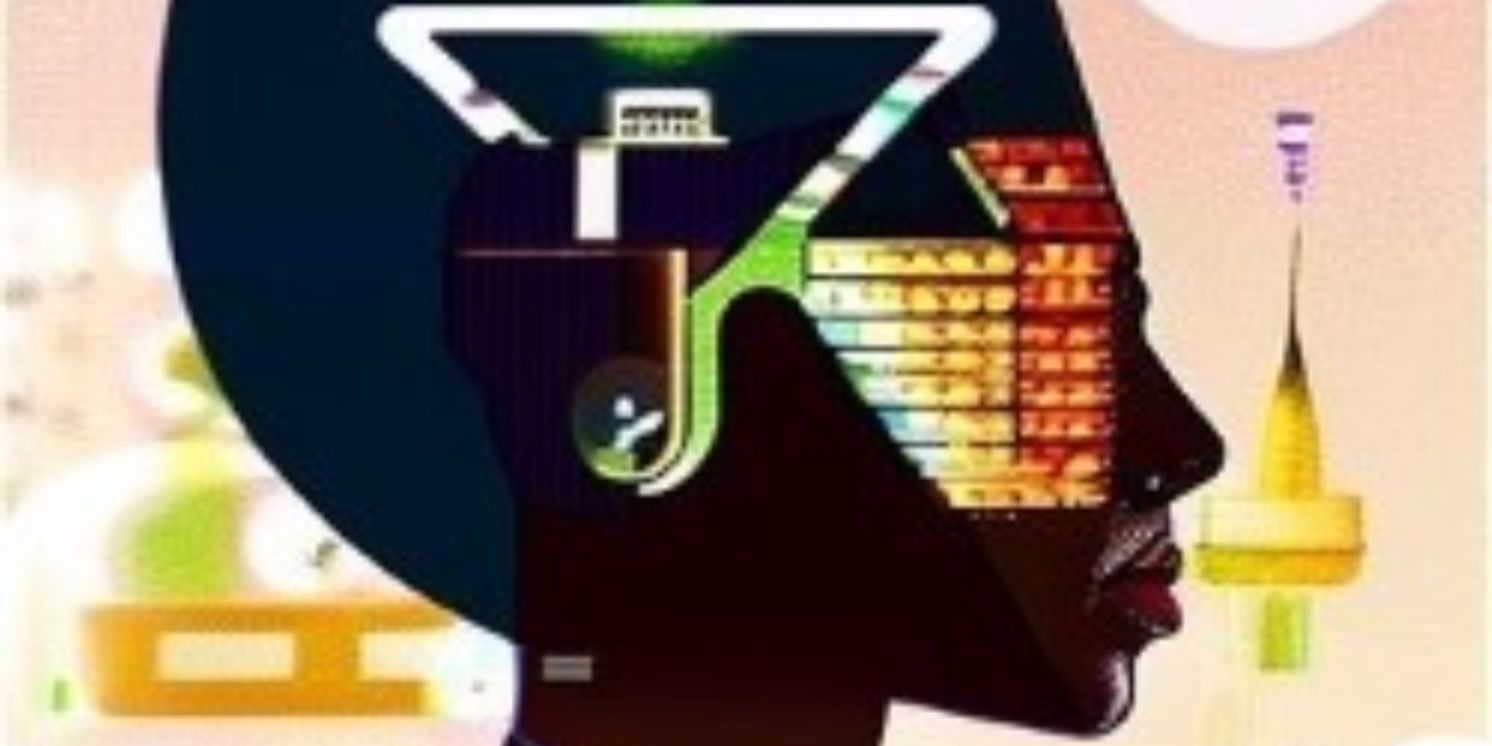EDINBURGH 2023: Review: AIONOS, ZOO Playground
This fascinating research project renders a clunky, over-ambitious performance – but don’t let that dissuade you.

![]() Aionos, as theatre, aims at something unique. It blends VR, streaming and in-person performances to open up the medium. Unlike in gaming, live performers take on avatars with which VR players can interact. Unlike in traditional shows, performers based anywhere can interact with audiences based anywhere simultaneously.
Aionos, as theatre, aims at something unique. It blends VR, streaming and in-person performances to open up the medium. Unlike in gaming, live performers take on avatars with which VR players can interact. Unlike in traditional shows, performers based anywhere can interact with audiences based anywhere simultaneously.
It has potential to be extraordinary, but it’s also very much a work in slow progress.
The production, a collaboration between Toasterlab, Debbie Deer Productions and Immersive actor/director/designer Ari Tarr, takes its participants and viewers on a touristic journey back to virtual ancient Egypt, where they’re recruited to help an Egyptian queen recover lost love and ancient technology.
The narrative works well, but the combination of scripting and improvisation necessary for immersive theatre felt both a little clunky and a little flailing. It was predictably hampered somewhat by its ambition to include viewers via different media, and also by a certain quotient of uncertainty by VR participants about audience etiquette. For some, me included, desire to explore the surroundings (the game-play instinct) conflicted with the instinct of courtesy that would override that desire in the presence of a live actor.
The interaction was rendered a little confusing: there was a sense of conflicting overlaps and gaps in audience participation while participants tried to acclimatise to whether or not we ought to listen as audience members or respond as secondary protagonists.
Practicalities were also a factor, and really ate into the performance. A not insubstantial period at the beginning of the show’s running time was devoted to VR participants’ unnecessary selection of avatars and cursory acclimatisation to the technology, even before we could enter the showscape and rehearse navigation. This in turn also affected the performance: even the participants’ efforts to focus on the speaker from appropriate vantage points were a stumbling block in the early scenes.
None of this is to say that the experience wasn’t enjoyable. Despite some clumsy graphics, it was impossible not to feel some awe at the scope of exterior surroundings, and the details of interiors.
It was also gratifying to view a landmark in the research and development of this new format-buster. Its concept is one that many of us witnessed burgeoning during lockdown, when companies experimented with recorded or green-screen performances to reach audiences. Since restrictions have been lifted, however, much of the development of remote theatre has stalled: its clear flaws (such as tech issues and the partition of viewer–performer bounce-back) outweighed its benefits once punters could be welcomed back into theatres. Witnessing the furthering of this cause in itself makes for a fulfilling 50 minutes.
The Aionos team is clearly aware of the bounds that will need to be made in both technology and audience expectations for similarly hybrid performances to become fully functional. The simplest of these will be the falling costs of headsets – and hopefully, as a consequence, prospective audiences’ pre-existing familiarity with the operating system each will use.
The greater challenge, to my mind, will be creating a functional relationship between performers and participants (apparently a target USP of the format). From the perspective of performers, I’m not convinced of how possible it will be to work with audience cues given that facial expressions and even body language are so compromised. From the perspective of a participant, without scripting in addition to this, the experience currently feels dramatically inferior to full-motion gaming.
It remains an unknown whether all the elements of this format can work together in a sustainable way in the conceivable future. It’ll therefore be very difficult to gauge how much time, effort and money to invest in this and similar projects, with no guarantee that it’s going to be an important development in dramatic presentation.
Despite this (or even, perhaps, because of it) seeing Aionos has been one of the stand-out moments of my Fringe. As a concept test project, it reveals provocative possibilities – which, in a way, is a performance in itself. In that context, it deserves more than three stars. In the context of pure theatre at the festival, however, it may merit fewer. I have no hesitation in recommending that you see it – but only with fair expectations.
Aionos at ZOO Playground until 27 August
Reader Reviews
Videos


